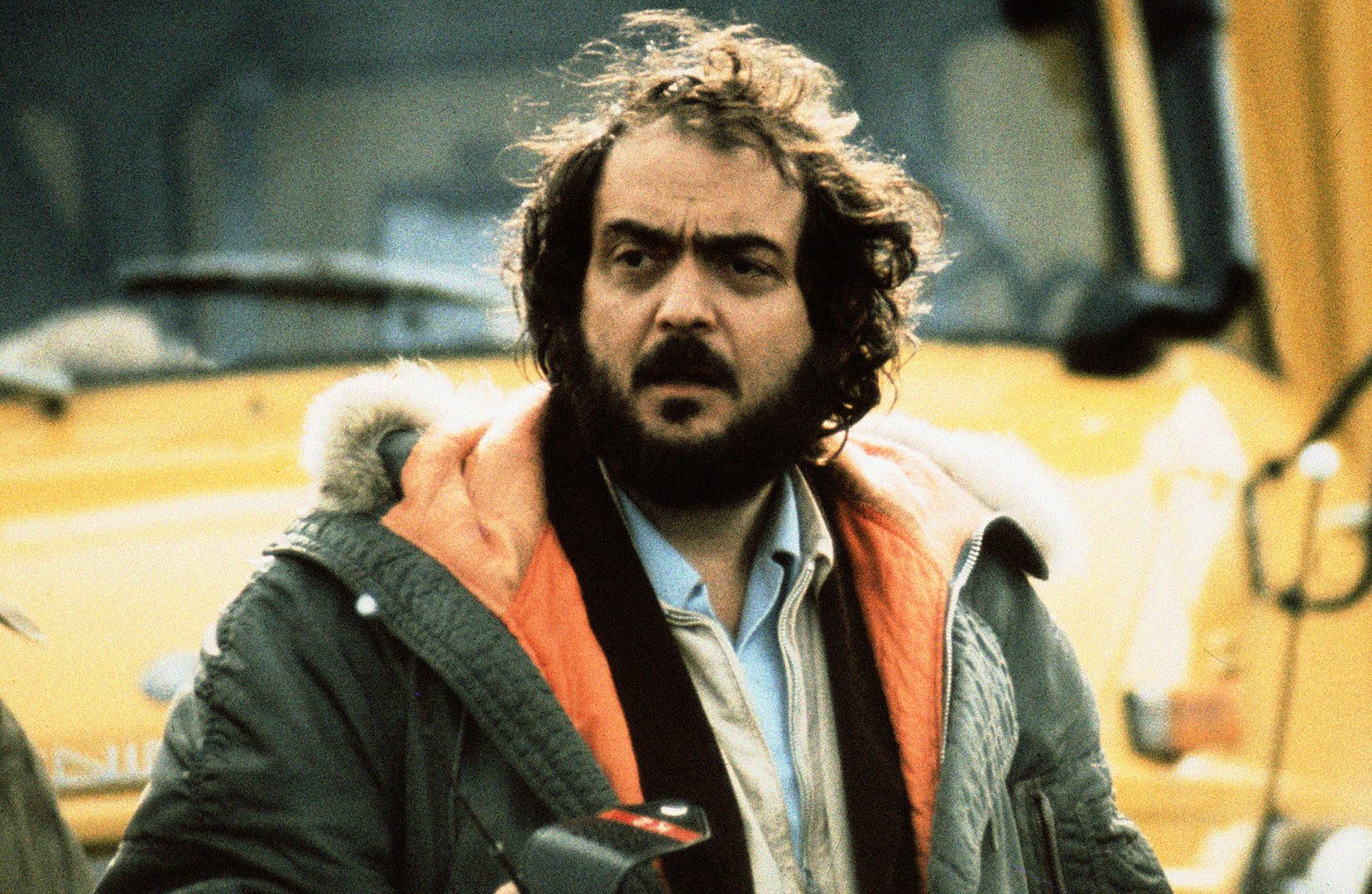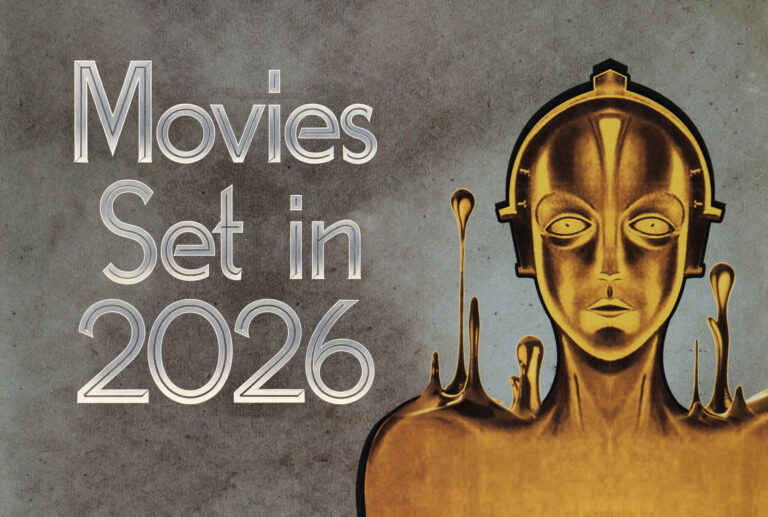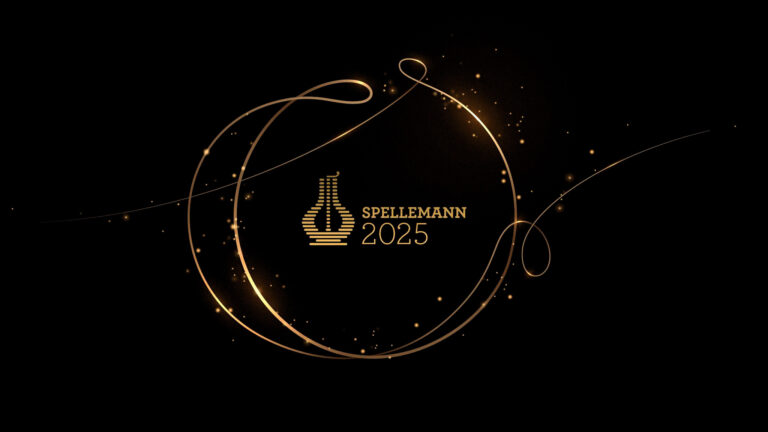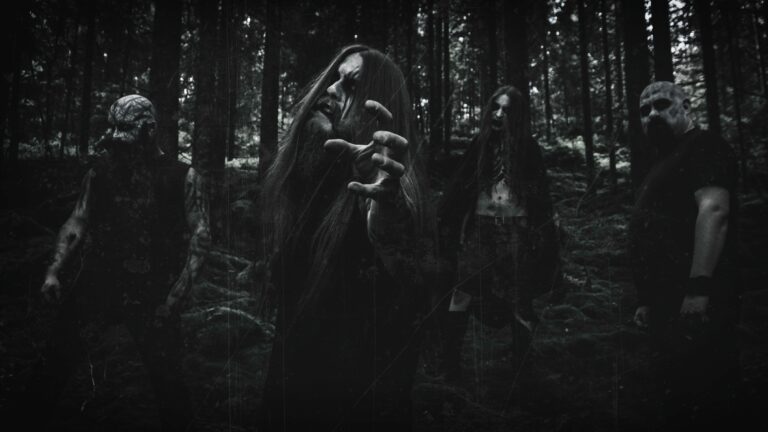
Stanley Kubrick is without a doubt one of the most important and influential directors of all time. He did not make a lot of full-length movies during his career, but many of them are among the absolute best there are. Many of his movies are so great that ranking them is really hard. It feels like many of them deserve a top ranking. But let’s try anyway.
- The Shining (1980)
Kubrick’s masterful adaptation of Stephen King’s novel delivers an unsettling psychological horror that lingers long after the credits roll. With Jack Nicholson’s iconic performance and Kubrick’s meticulous direction, this film creates a haunting atmosphere that’s both visually and emotionally compelling. - Paths of Glory (1957)
A powerful anti-war statement, this film showcases Kubrick’s ability to blend stark realism with emotional intensity. Kirk Douglas delivers a standout performance in this moving exploration of the futility and hypocrisy of war, highlighting Kubrick’s early genius in storytelling and visual composition. - A Clockwork Orange (1971)
This dystopian masterpiece is as provocative as it is visually stunning, offering a dark, satirical look at violence, free will, and societal control. Malcolm McDowell’s charismatic yet chilling portrayal of Alex, coupled with Kubrick’s bold stylistic choices, makes this a film that’s as thought-provoking as it is disturbing. - Spartacus (1969)
Though less personal than his later works, Kubrick’s direction elevates this epic tale of rebellion into a timeless classic. With grand set pieces, a stellar cast led by Kirk Douglas, and a powerful narrative about freedom and resistance, “Spartacus” remains a monumental achievement in historical drama. - Eyes Wide Shut (1999)
Kubrick’s final film is a dreamlike exploration of desire, secrecy, and the complexities of marriage. With mesmerizing performances by Tom Cruise and Nicole Kidman, this erotic thriller delves deep into the subconscious, leaving audiences questioning the line between fantasy and reality. - 2001: A Space Odyssey (1968)
A pioneering work of science fiction, this film redefined the genre with its philosophical exploration of humanity, technology, and the infinite. Kubrick’s visionary direction, groundbreaking special effects, and hauntingly ambiguous narrative make this a transcendent cinematic experience. - Lolita (1962)
Kubrick takes on the controversial subject matter with a blend of dark humor and sophisticated storytelling. James Mason’s performance as the conflicted Humbert Humbert adds depth to this provocative adaptation of Vladimir Nabokov’s novel, balancing taboo themes with a biting, satirical edge. - The Killing (1956)
This tightly constructed heist film exemplifies Kubrick’s early prowess in building tension and crafting complex narratives. With its non-linear storytelling and sharp dialogue, “The Killing” is a standout in the noir genre, showcasing Kubrick’s burgeoning style and precision. - Barry Lyndon (1975)
A visually stunning period piece, “Barry Lyndon” is renowned for its meticulous attention to detail and revolutionary use of natural lighting. While its deliberate pacing and detached narrative can be polarizing, the film’s artistic ambition and historical accuracy make it a unique entry in Kubrick’s filmography. - Full Metal Jacket (1987)
A visceral exploration of the dehumanizing effects of war, this film is split into two distinct halves that together paint a bleak picture of military life. The brutal boot camp sequences, anchored by R. Lee Ermey’s unforgettable performance, are particularly powerful, even if the film’s latter half loses some of its intensity. - Dr. Strangelove (1964)
Kubrick’s satirical take on Cold War paranoia is as darkly comedic as it is chilling. While it might not resonate with everyone, the film’s sharp wit, Peter Sellers’ multi-faceted performance, and its absurdist critique of nuclear warfare cement its status as a unique, if polarizing, classic. - Fear and Desire (1954)
Kubrick’s first feature is an ambitious if uneven, wartime drama that hints at the themes he would later master. Though it lacks the polish of his subsequent films, “Fear and Desire” offers a glimpse of the director’s emerging talent and his early exploration of human conflict and existential dread. - Killer’s Kiss (1955)
A modest film noir, “Killer’s Kiss” showcases Kubrick’s developing visual style but falls short in terms of narrative depth and character development. Though it’s not as refined as his later works, it remains an interesting artifact of Kubrick’s journey as a filmmaker.







